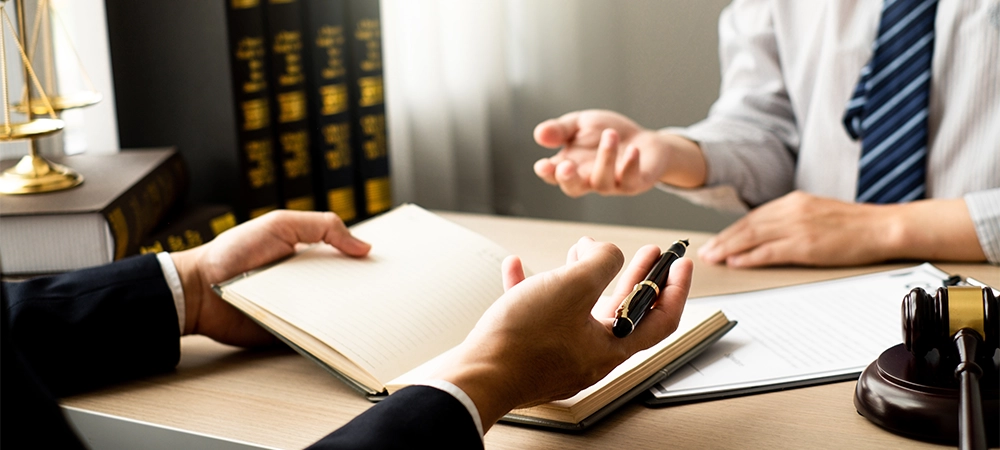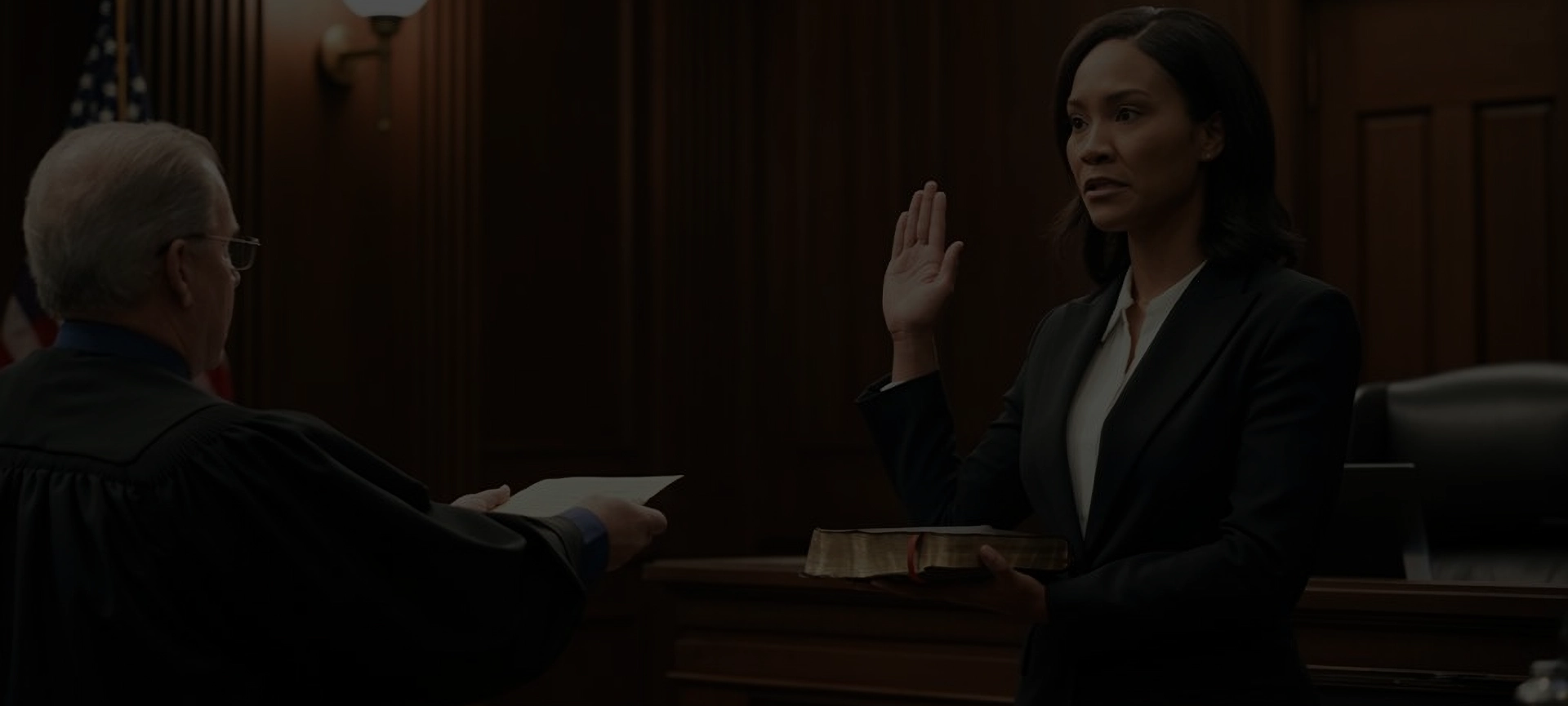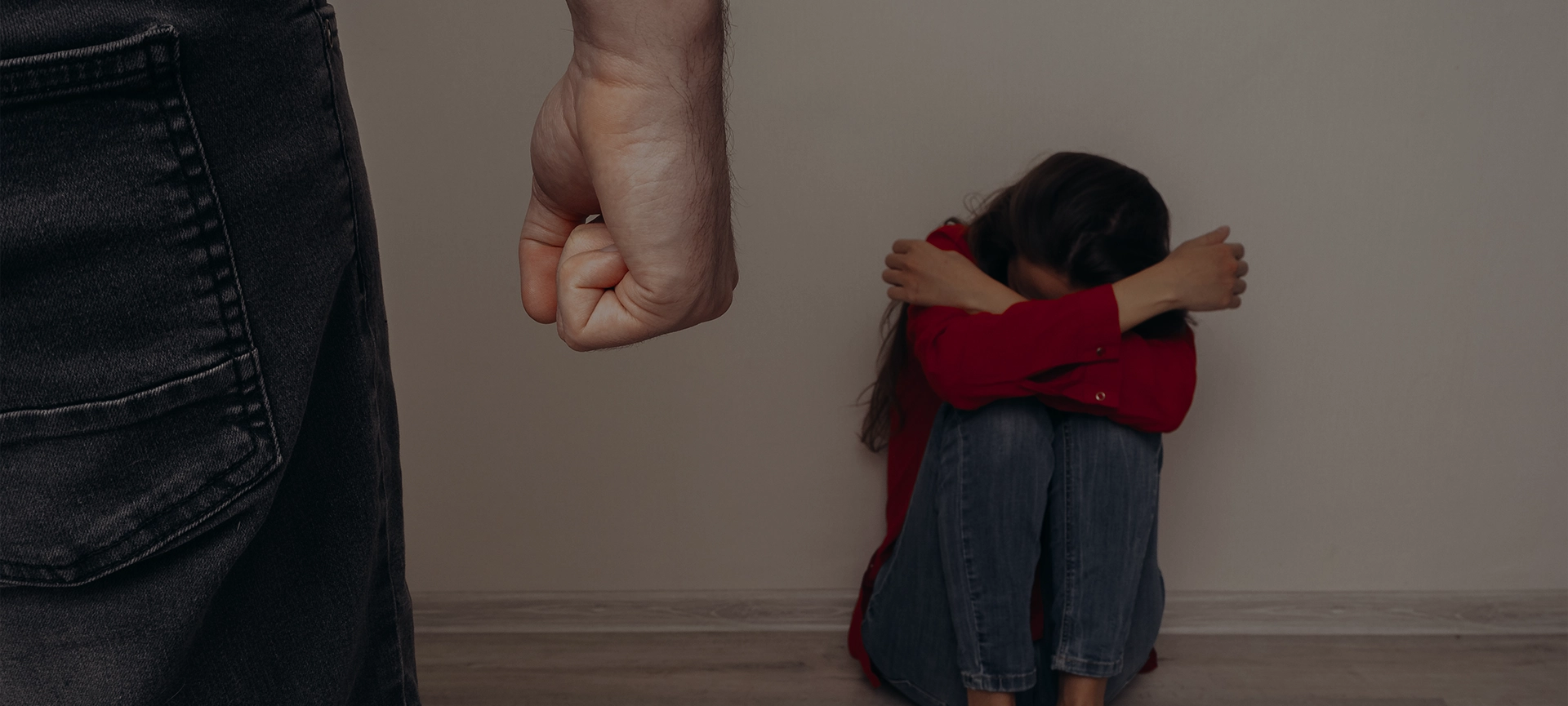In assault cases, a witness can make or break a case. They can often be the most solid form of evidence and can help to establish the facts. Whether for the prosecution or the defence, a witness can be key to the outcome.
Whether you are due to be a witness or are depending on one for your trial, here we’ll give you all the information you need. By the end, you’ll have a clear understanding of what is expected of a witness, and how they can affect a trial.
Understanding the Role of Witnesses
A credible witness can serve as the eyes and ears of the court. They will offer a first-hand account of the events and enlighten the judge and jury on the truth of the events. Their testimonies can give crucial details about what happened, especially without other evidence or another witness.
A witness doesn’t necessarily need to have seen the assault. For example, they may be called to recount being witness to relevant information. An example would be an argument that happened shortly before the alleged assault.
There are also expert witnesses. These are people who bring specialized knowledge to the trial. These experts can include the likes of forensic experts, medical professionals, and psychologists. They can be utilized by either side to offer opinions on specific aspects of the case, such as the injuries sustained.

The Process of Giving Testimony
In an assault trial, the process of giving testimony typically starts with the Crown prosecution. They will call their own witness to the stand, and then the defence assault lawyers will be able to call their own. They are then sworn in to tell the truth.
If the Crown call their own witness to the stand, they will examine the witness and ask them to describe the events. The defence can then cross-examine the witness. If the defence calls the witness, this happens in reverse.
Cross-examination is a critical part of the trial process. This will allow the prosecution or defence the opportunity to challenge the credibility and reliability of the witness. This aims to explore inconsistencies, possible biases, or gaps in their memory.
It is possible that a re-examination will occur if any points need to be clarified. The judge may also have their own questions. Once all questions have been answered, the witness will be excused from the stand.
Related Article: https://www.agpllp.ca/the-process-of-a-criminal-trial-in-ottawa/
The Importance of Witness Credibility
A witness has to be credible in court. This credibility will be based on several factors that can impact how they are viewed by a judge or jury. These include their demeanour, consistency, and any potential biases they may have.
A witness who appears confident, consistent, and impartial is much more likely to be believed. In contrast, someone who is nervous, emotional, and struggles to recall key details may be doubted. For these reasons, it is vital that a witness is properly prepared.
Challenges Faced by Witnesses
Witnesses can face a variety of challenges, and the process of testifying can be intimidating. This is especially true for those who have witnessed or experienced trauma. They may fear retribution or have painful memories.
Furthermore, the adversarial nature of the court process will be a challenge. Cross-examinations can feel like a personal attack. Witnesses must be prepared to have their memories, motives, and credibility questioned.
Witnesses can’t be intimidated or harassed, but the court process can be a mental challenge. For those with vulnerabilities, action can be taken such as testimony behind a screen, or the exclusion of the public before testimony.
The Impact of Witness Testimony on Trial Outcomes
A witness can have a significant impact on the outcome of an assault trial. This is especially true when the evidence of the case is largely testimonial. A strong and credible witness will bolster the case.
From a defence perspective, the burden of proof lies with the Crown. If the witness can shed uncertainty on the case, the threshold of reasonable doubt becomes much likelier. This is where the role of a lawyer can be so vital in beating an assault charge.
A defence lawyer plays a critical part in the effectiveness of a witness. They will help to protect their own witnesses, prepare them well, and ensure they know what to expect. This will allow them to be comfortable and confident when in court.
On the other hand, they will ensure a prosecution witness is properly scrutinized. This involves looking for any inconsistencies with their testimony and asking questions that may shed doubt on their credibility.
Related Article: https://www.agpllp.ca/how-to-beat-an-assault-charge-in-canada/

Final Thoughts
Witnesses play a vital role in assault trials. Their evidence can help to establish the truth of what happened and shape the outcome of the case. For witnesses on the stand, it’s important to be both credible and reliable so that your testimony can be fully respected.
Understanding the role of witnesses and the challenges they face is essential for anyone involved in the Canadian criminal justice system. If you’re in need of legal assistance, then contact AGP LLP today and we’ll be more than happy to help with your case.





